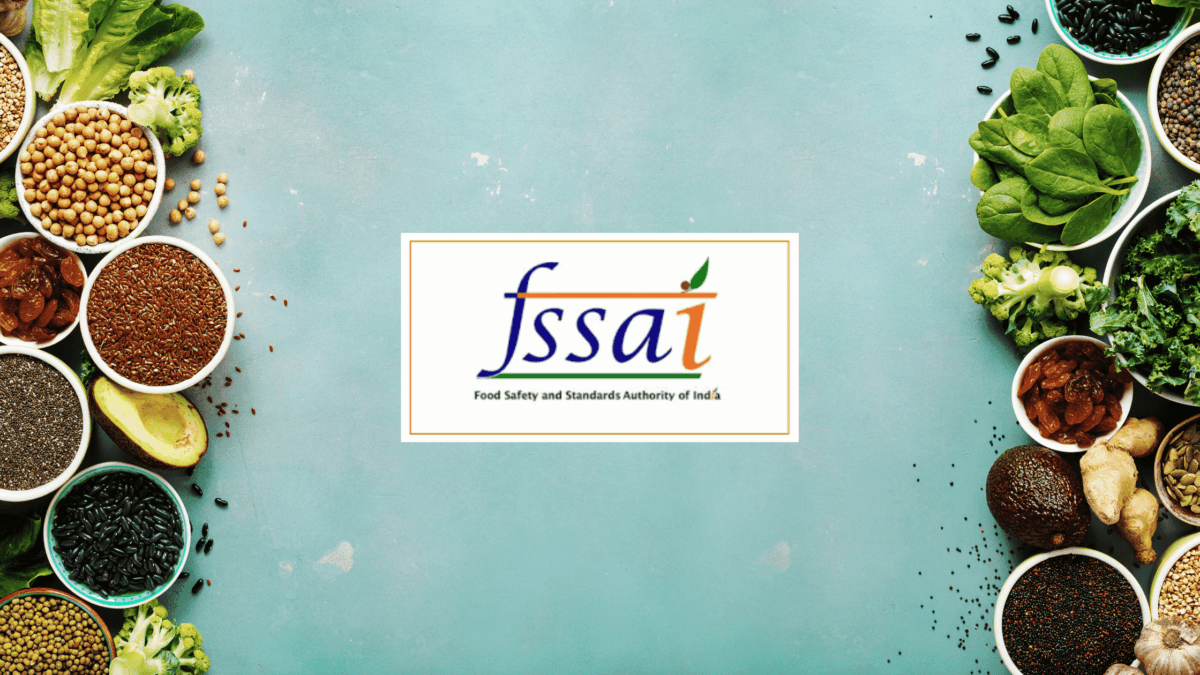Obtaining FSSAI registration is mandatory for all food businesses operating in the country. This blog post will guide you through the FSSAI registration process, covering the documents required, benefits, and penalties for non-compliance.
Types of FSSAI Registration
FSSAI offers three primary types of registration
- Central License: Required for large-scale food businesses with annual turnover exceeding ₹50 crore.
- State License: Mandatory for food businesses with annual turnover between ₹1 crore and ₹50 crore.
- Registration: Suitable for small-scale food businesses with annual turnover below ₹1 crore.
Documents Required
The specific documents required for FSSAI registration may vary depending on the business type and scale. However, some common documents include:
- Proof of identity and address (Aadhaar card, PAN card, passport)
- Proof of business ownership (shop establishment certificate, partnership deed, incorporation certificate)
- No objection certificate from local authorities
- Food safety management system plan (for larger businesses)
- Product labels and samples
- Health certificates of food handlers
Benefits of FSSAI Registration
Obtaining FSSAI registration offers several benefits to food businesses:
- Legal Compliance: Ensures adherence to food safety regulations, avoiding legal penalties.
- Consumer Trust: Builds trust with consumers by demonstrating commitment to food safety.
- Market Access: Enables access to domestic and international markets.
- Government Support: May qualify for government schemes and subsidies.
- Brand Reputation: Enhances the brand’s reputation and credibility.
Penalty for Non-Compliance
Failure to obtain FSSAI registration or non-compliance with food safety regulations can result in severe penalties, including:
- Financial Penalties: Fines ranging from a few thousand rupees to several lakhs.
- Legal Action: Criminal prosecution and imprisonment in certain cases.
- Business Closure: Temporary or permanent closure of the business.
Registration Process
The FSSAI registration process can be completed online through the official FSSAI portal. The steps involved typically include:
- Online Application: Submitting the required documents and information online.
- Document Verification: Verification of submitted documents by FSSAI authorities.
- Inspection (if necessary): On-site inspection of the food business premises.
- Registration Certificate: Issuance of the FSSAI registration certificate upon successful verification and inspection.
FSSAI registration is a crucial step for any food business operating in India. By understanding the types of registration, documents required, benefits, and penalties, businesses can ensure compliance with food safety regulations and protect their brand reputation.
Registration Fee
The registration fee for FSSAI varies depending on the type of registration you need:
- Basic Registration: ₹100
- State License: ₹2,000 to ₹5,000 (depending on the type of business)
- Central License: ₹7,500
Please note that these fees may change over time. It is recommended to check the official FSSAI website or consult with a professional for the most accurate and up-to-date information.












